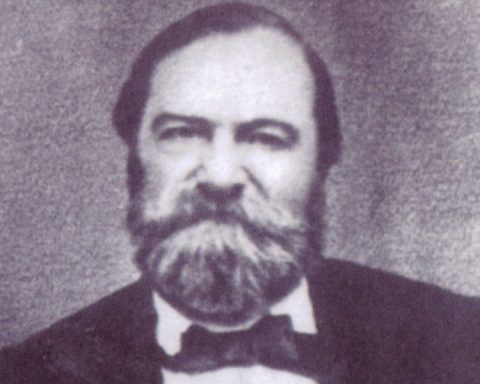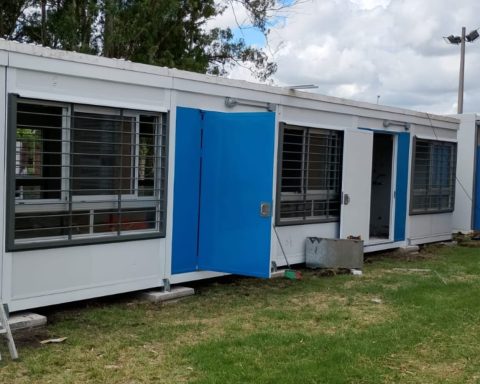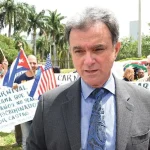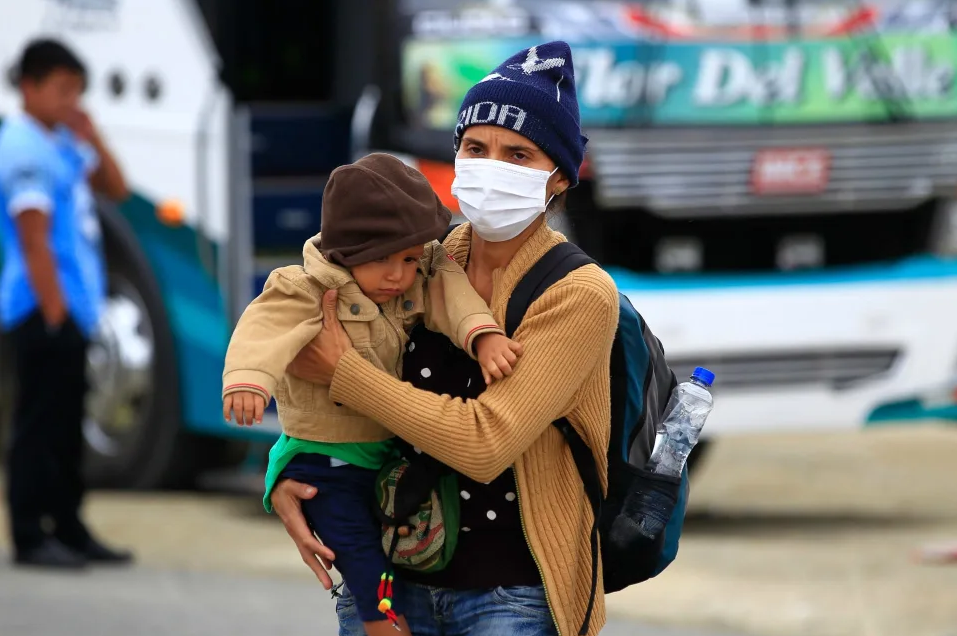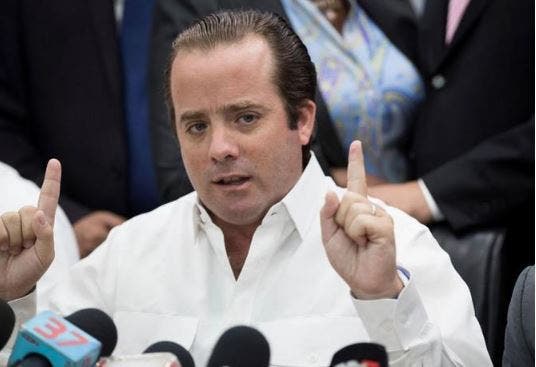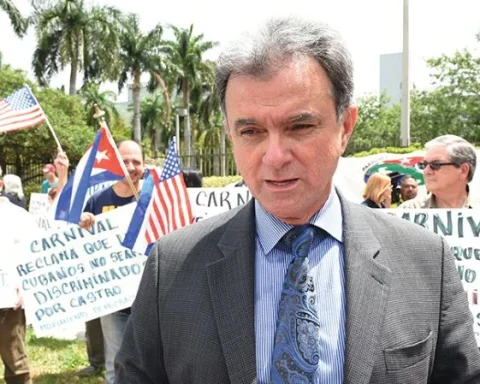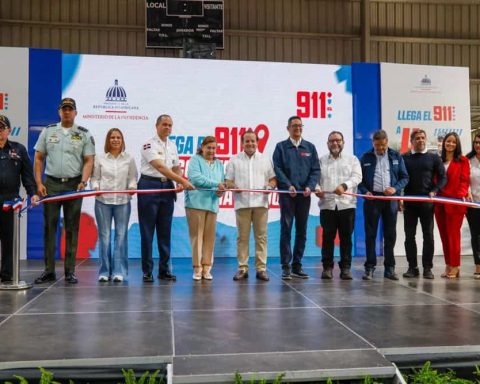After one of the most hectic and difficult parliamentary processes in recent years, the General Assembly of the Legislative Power managed to finally designate this Thursday the five new members of the directive commission of the National Institution of Human Rights (INDDHH).
It was after a very divided day, where negotiations were held until the end after four successive interruptions, motivated by the lack of an agreement that came from frenetic contacts at all levels and that transcended the classic division between the ruling party and the opposition.
Starting with the Broad Front, which as soon as the session began, requested the first intermission quarter. The political force was still discussing internally what to do. After harshly criticizing the selection process and the “political” candidates presented by the coalition, he agreed to participate and thus, at least, influence the appointment of one of the directors.
If the opposition had declined to vote, it would have made things easier for an ruling party plagued by internal problems. Fundamentally, in the National Party. As previously defined, the whites could “contribute” two of the five directors, the red ones and Cabildo Abierto the rest.
A previous instance, where the appointees had to gather the support of two thirds of the assembly (87 votes) had failed. An absolute majority (66) was now required. But since each legislator had to vote for up to five names on a single plate, it was necessary to ensure beforehand that each one had sufficient minimum support.
Among the whites, it was taken for granted that Todos, the umbrella that encompasses the sectors of the president, would choose one of the two nominees of the party. He would be carmen rodriguez, which received 120 votes. The problem arose when Senator Jorge Gandini (PLP) demanded that the “non-Lacalllists” appoint the other director, for whom it was intended to support Javier Palummo.
The party majority did not give the arm to twist. Asserting his weight, he promoted support for Marcos Israel. “Everything is locked,” Gandini announced, leaving the caucus meeting visibly upset. The senator chose to lock himself in his office and announced that he was evaluating withdrawing from the session. In his position he was accompanied by the deputy of his sector, Álvaro Viviano. If materialized, his absence would collapse the entire election.
Finally, Gandini declined his attitude. Israel was appointed director with 121 votes.
Among the Colorados, things were not easy either. On Thursday, Ciudadanos delegates officially announced that the party would support María Jimena Fernández as a block, the candidate that that sector had presented. A decision that, however, was not known by Batllistas.
Those led by former president Julio María Sanguinetti pointed out that this alleged agreement did not exist, and insisted on the candidacy of Gloria Robaina, backed by the former president himself. Those led by the former president harshly questioned the Ciudadanos announcement and kept the definition in suspense until the end.
But, “betting on unity”, they ended up folding and Jiménez became director with 120 votes. Batllistas also had to assimilate that Raúl Batlle, who occupies one of their seats in the Senate, supported the Ciudadanos candidate.
Cabildo Abierto looked out of the corner of his eye. It only promoted one candidate and, without an intern, there was nothing to discuss. Bernando Legnani will thus integrate the INDDHH, albeit with significantly less support. She had 68 votes, just two more than the minimum required. Even less support Wilder Tayler who, with 66 votes, He will be the only one to repeat a mandate in the institution.
As happened with Legnani and the Broad Front, his low flow was due to the fact that a good part of the whites refused to support him. For example, Senator Graciela Bianchi, who publicly questioned her “lack of professionalism and impartiality” during his first administration. The nationalists recalled the counterpoint that the director maintained with the vice president Beatriz Argimón, who at the beginning of the year had accused him of intervening in the campaign on the repeal of the Law of Urgent Consideration (LUC) based on the pronouncements of the institution.
His name, promoted by various social organizations, was incorporated into the slate by the Broad Front, which was forced to opt. Being able to nominate only one director, he had to leave Mariana Mota and Jaime Saavedra behind.
The tension in the respective inmates was reflected in one fact: there were five other candidates who were not part of the agreement but who managed to garner votes. It was due to the work of the Independent Party, which distanced itself from the plan. Deputy Iván Posada specifically explained to The Observer their disagreement with what has been done and with the technical suitability of the majority of the appointed directors.
The rebelliousness of the independents was evident in the final result: The party chose to vote for one of its leaders, Dardo Rodríguez. Also Robaina, Palummo and Isabel Wschebor.
Meanwhile, Sergio Molaguero and Santiago Ruete, who did not appear in the previous analyzes either, registered one vote each.
